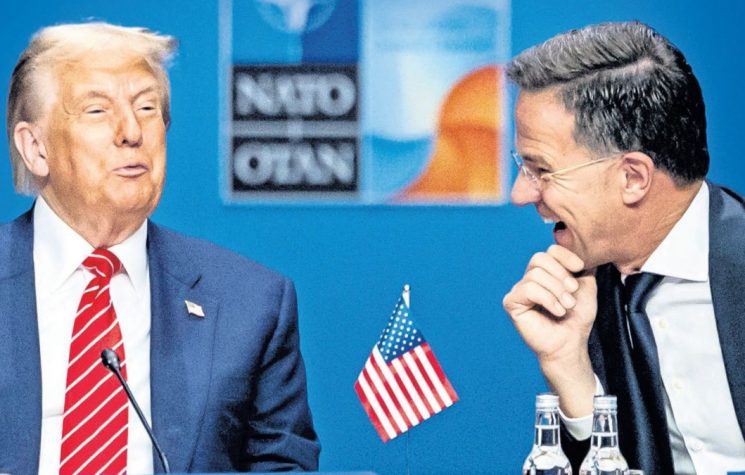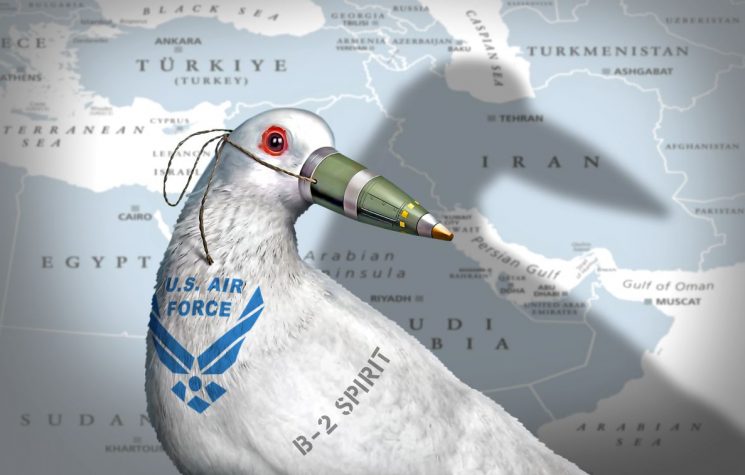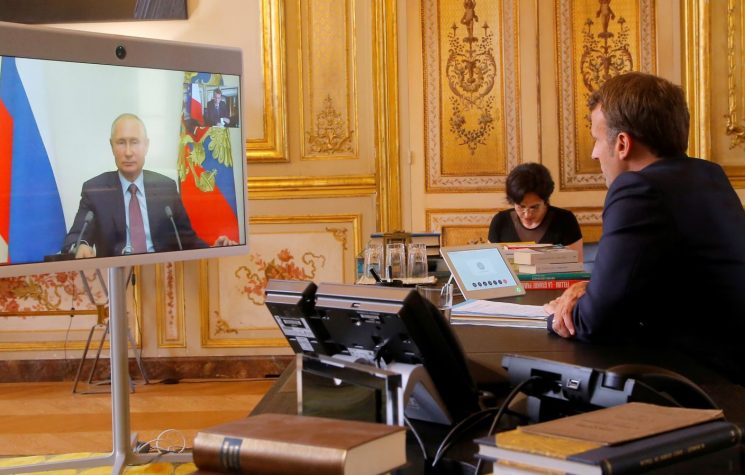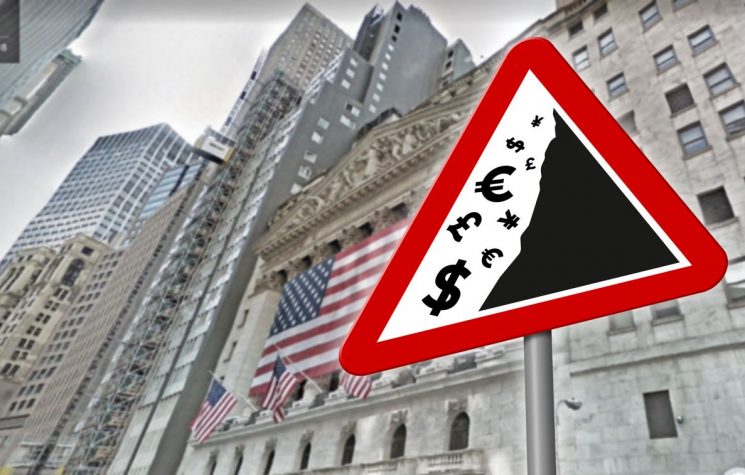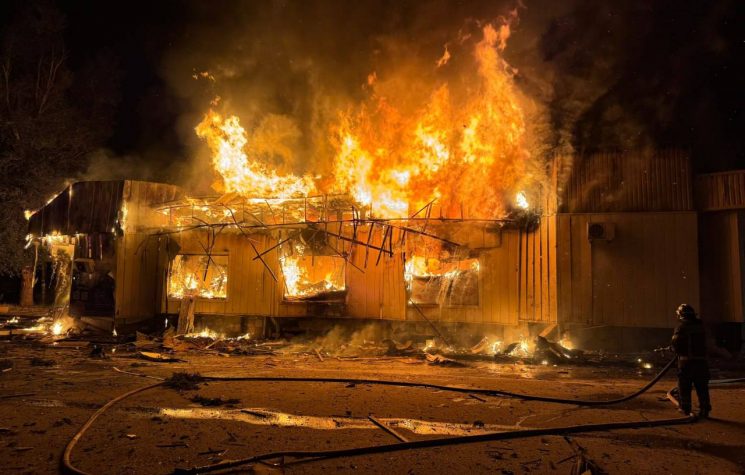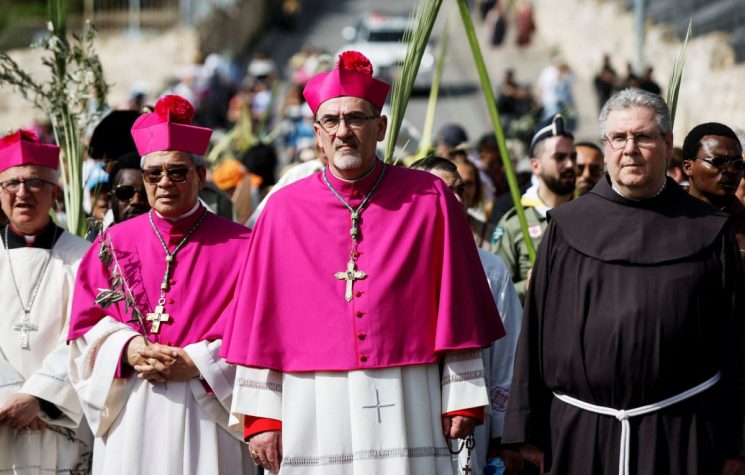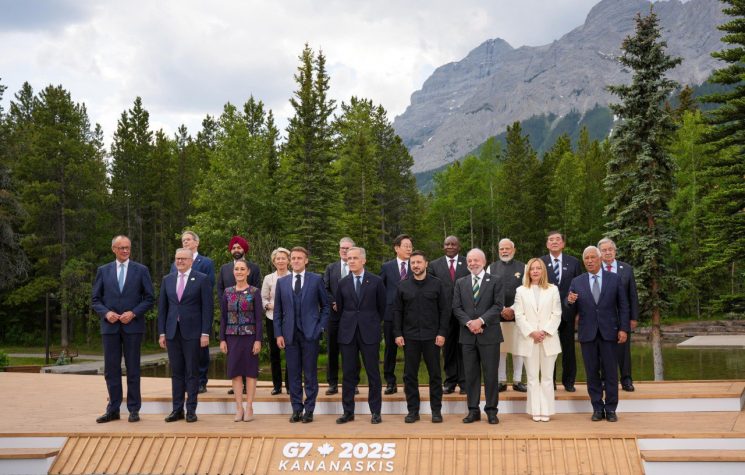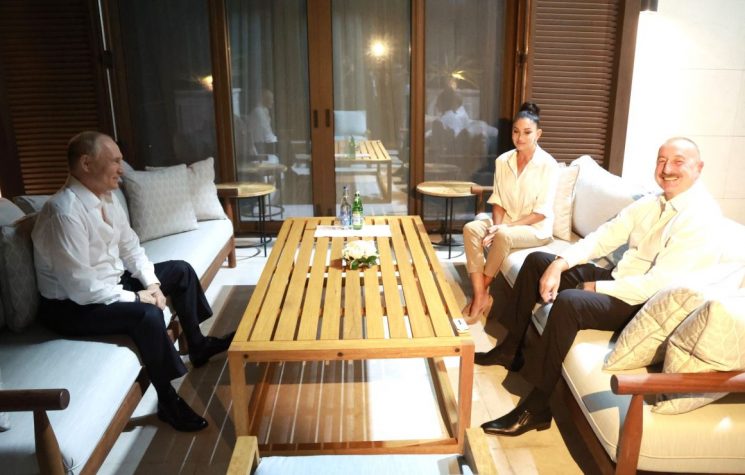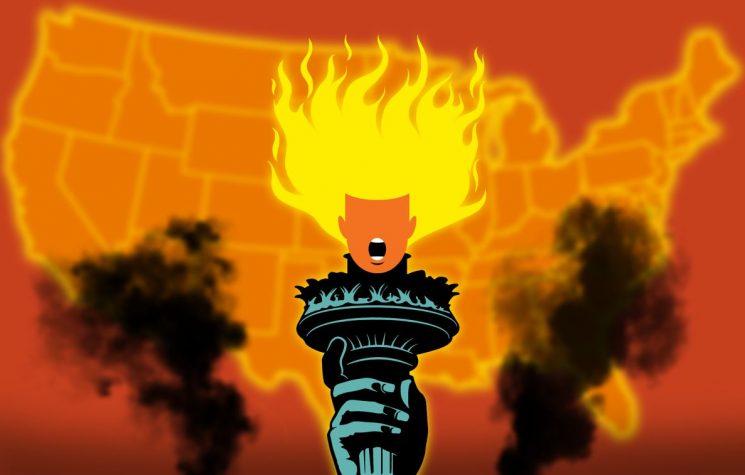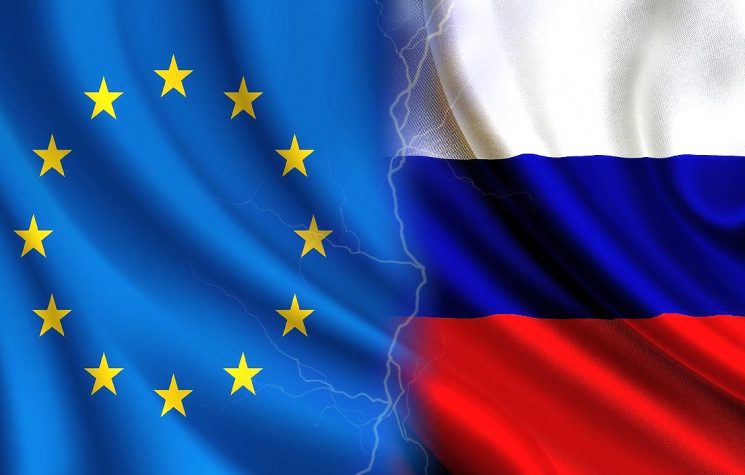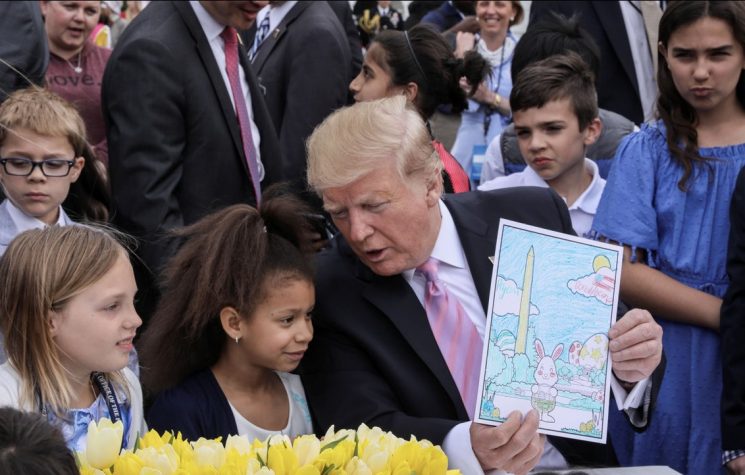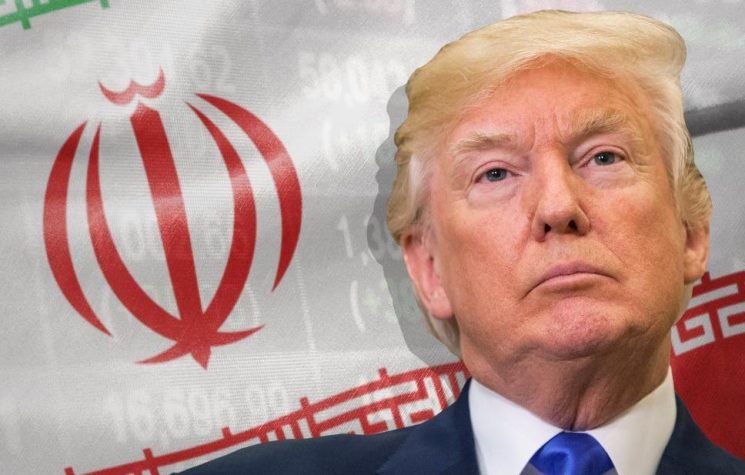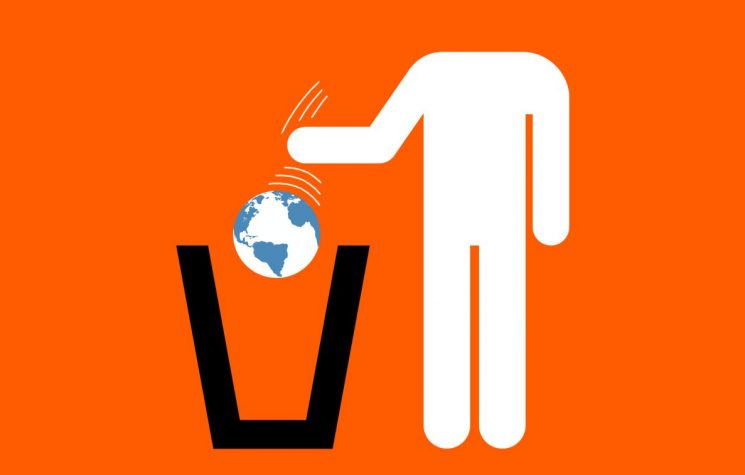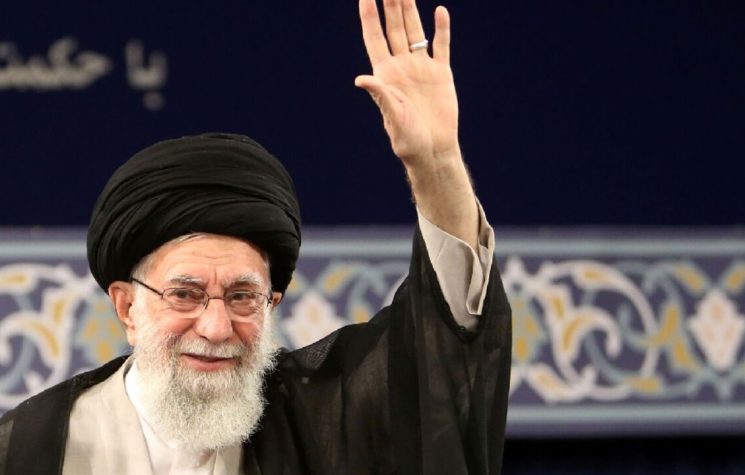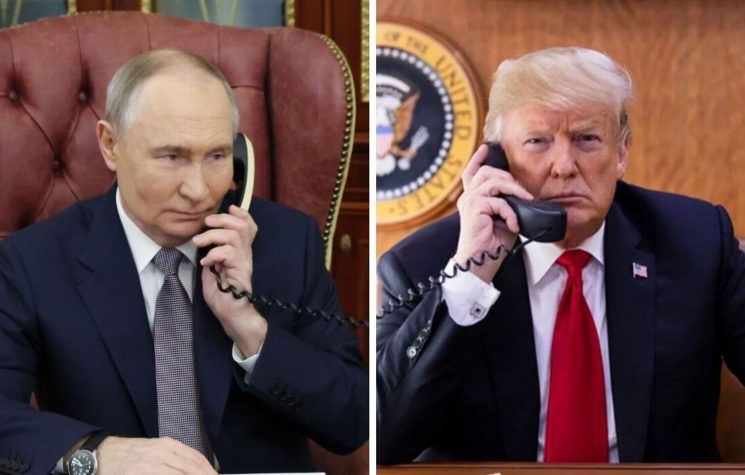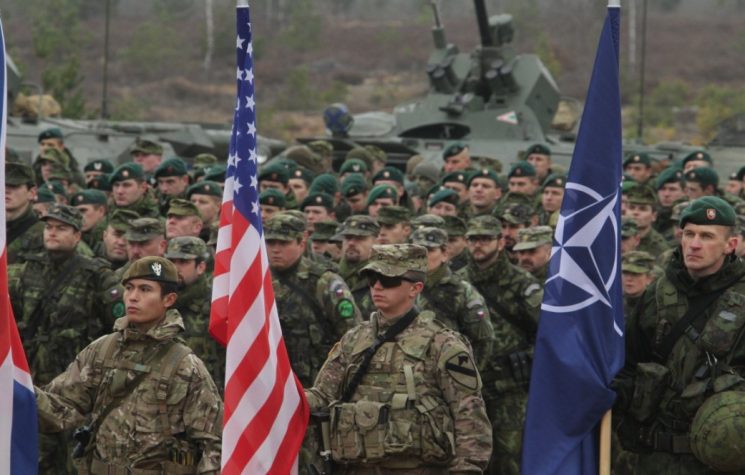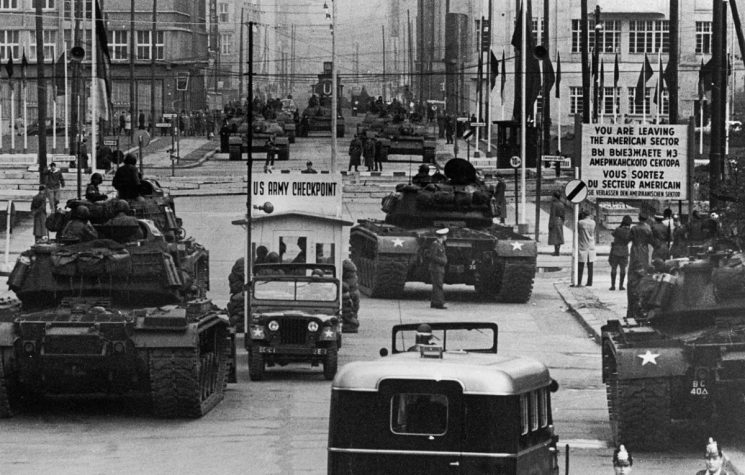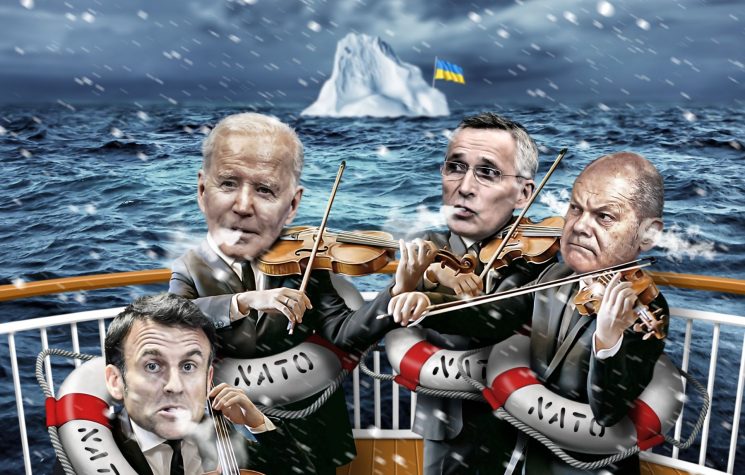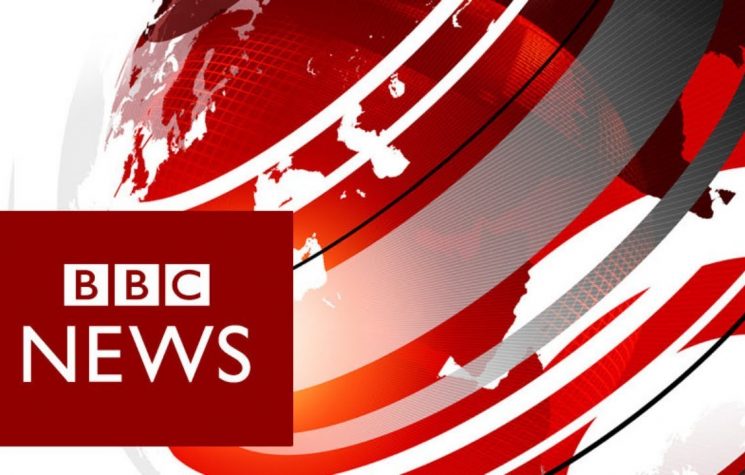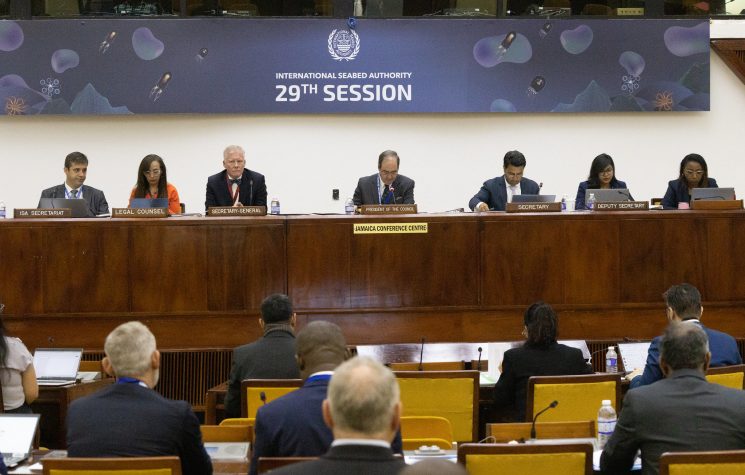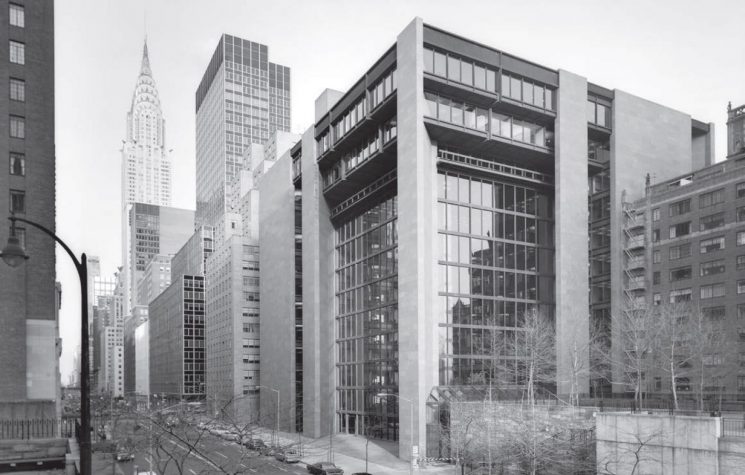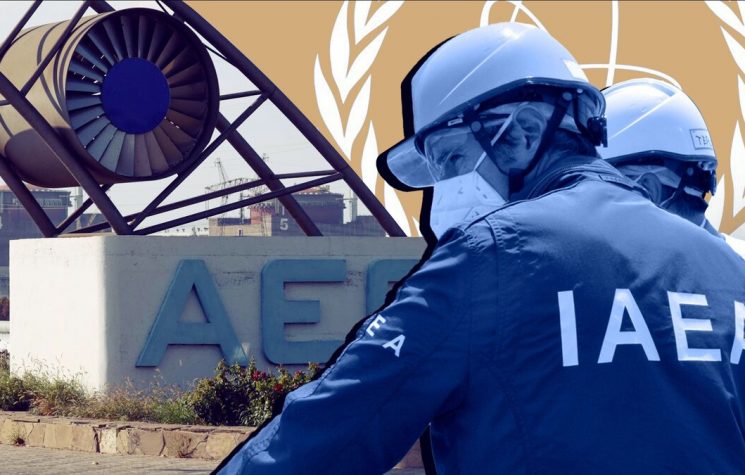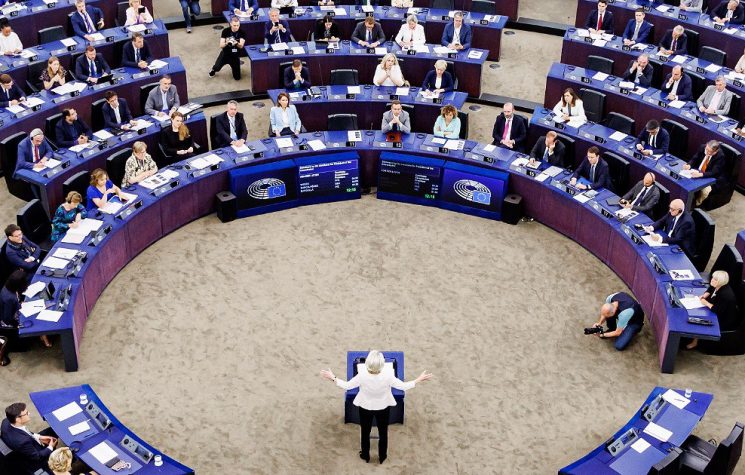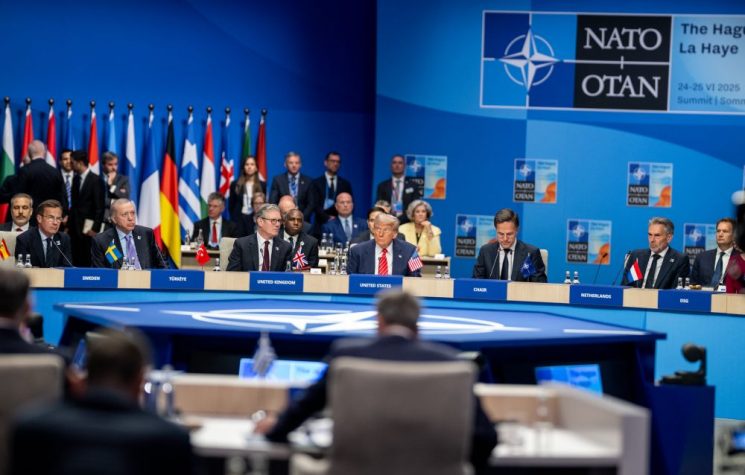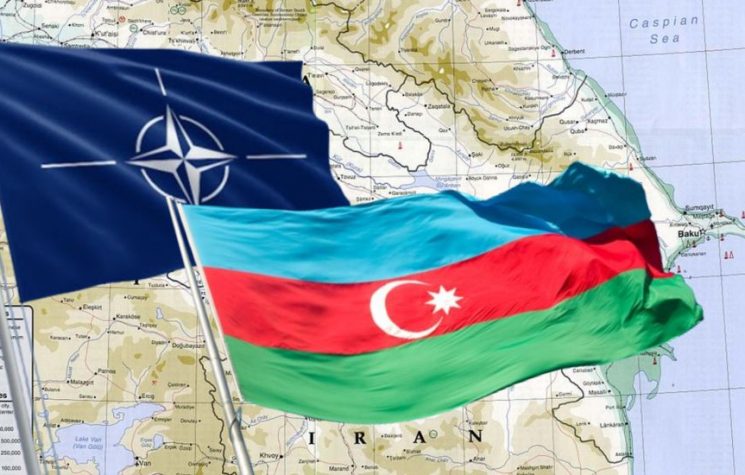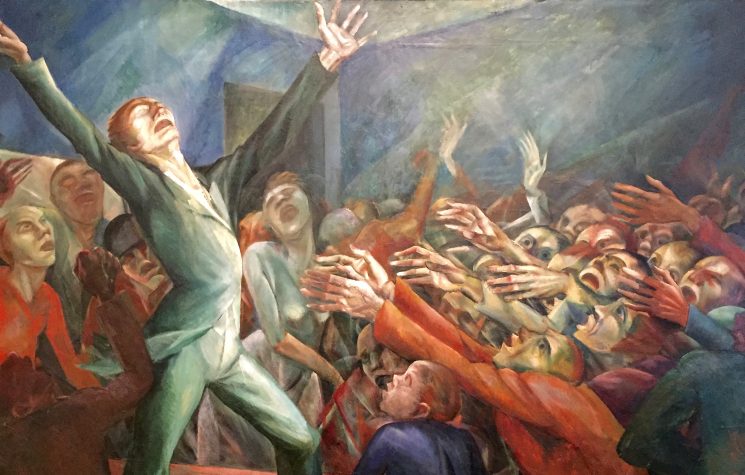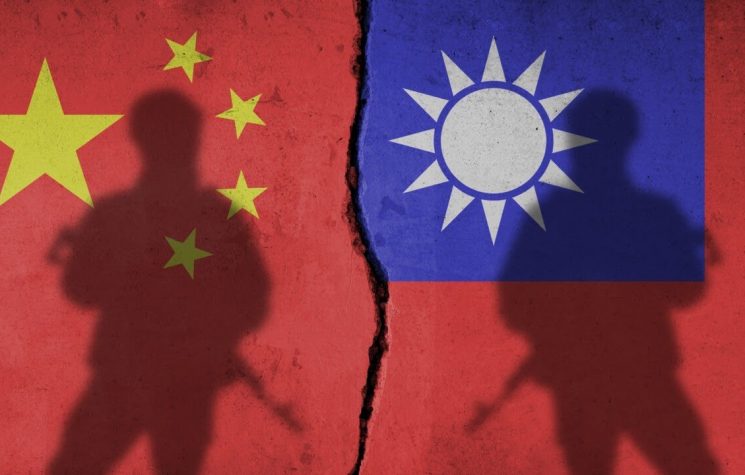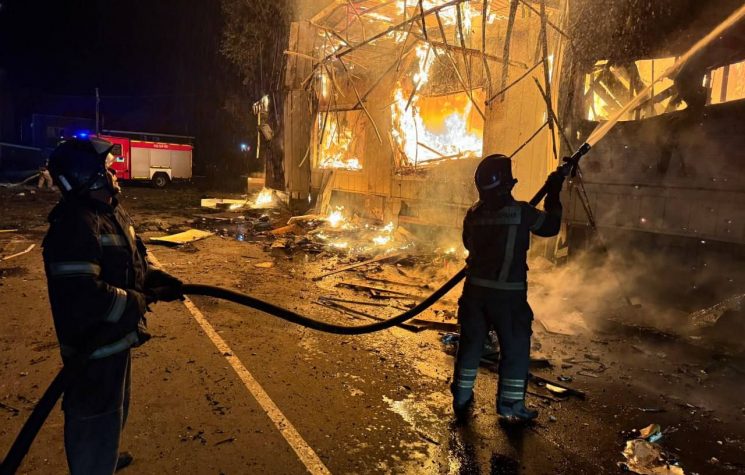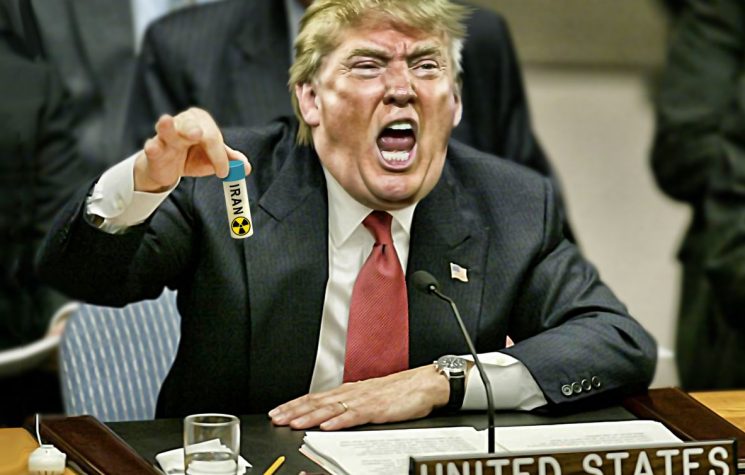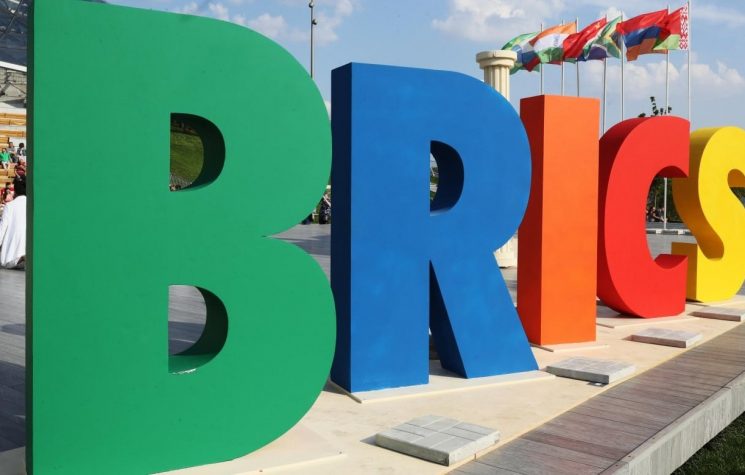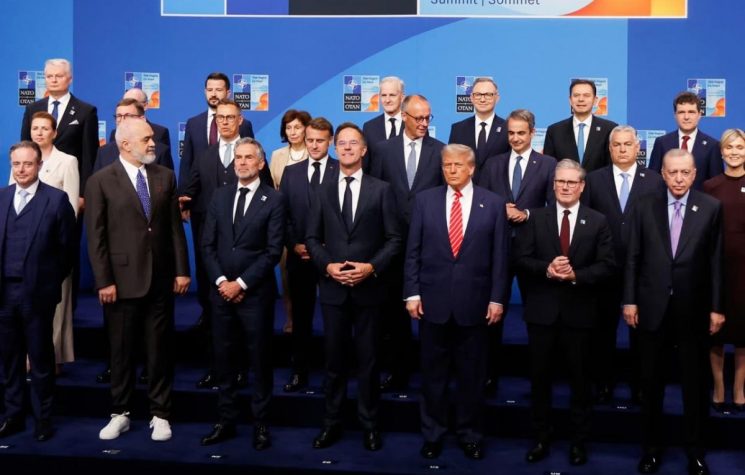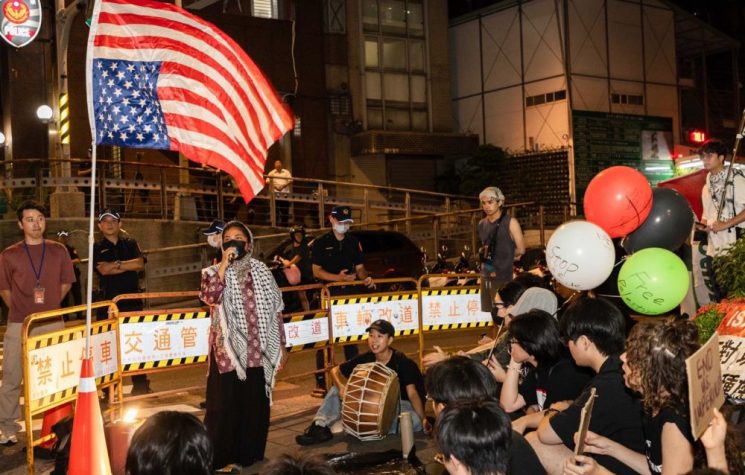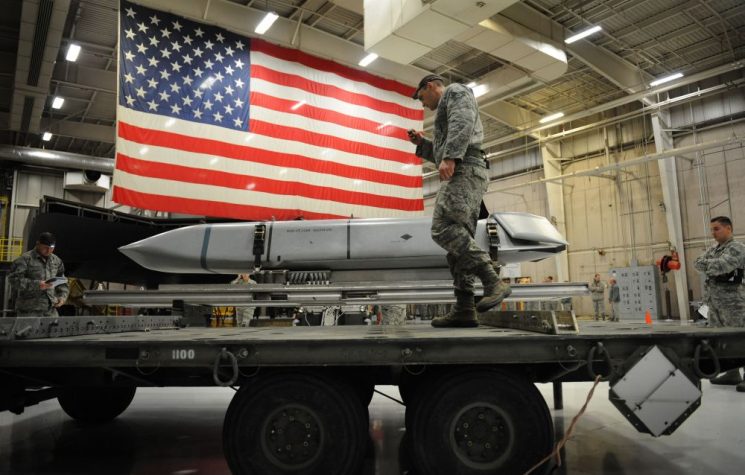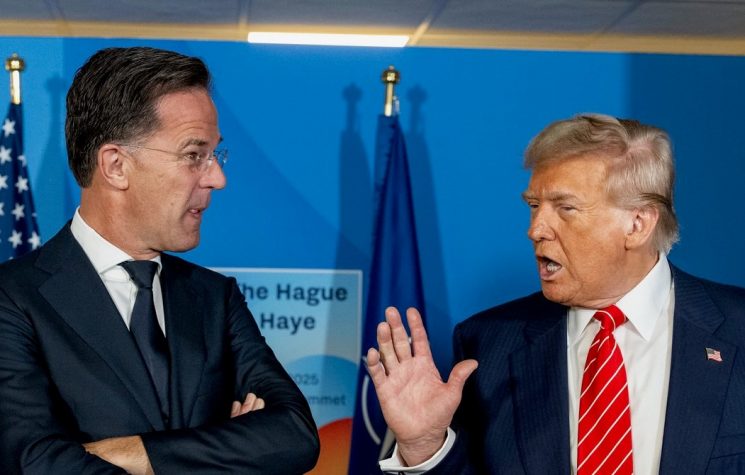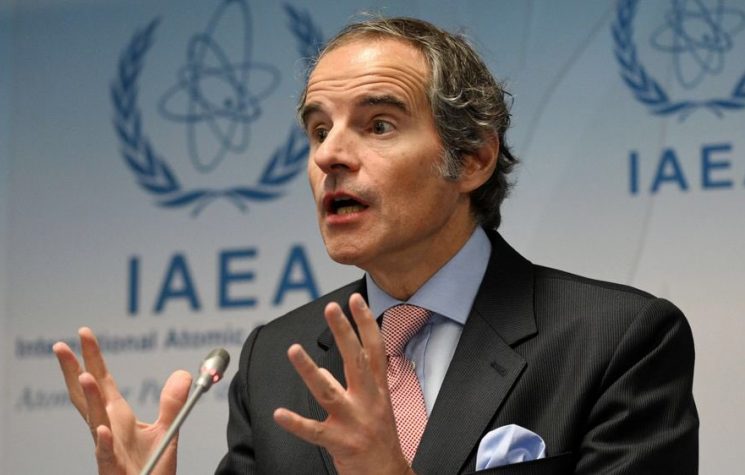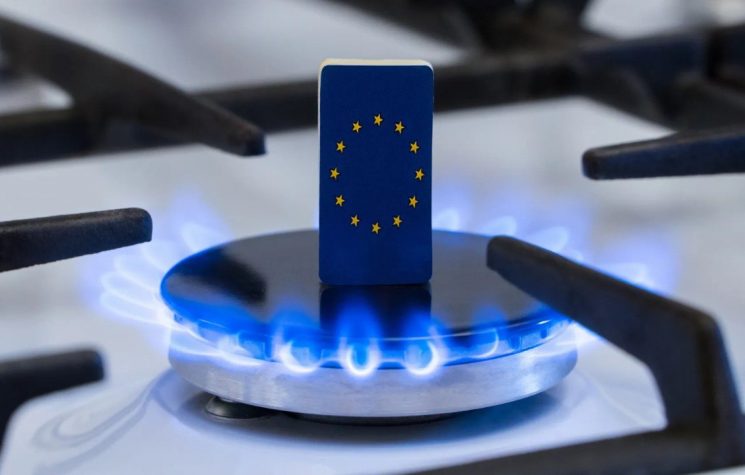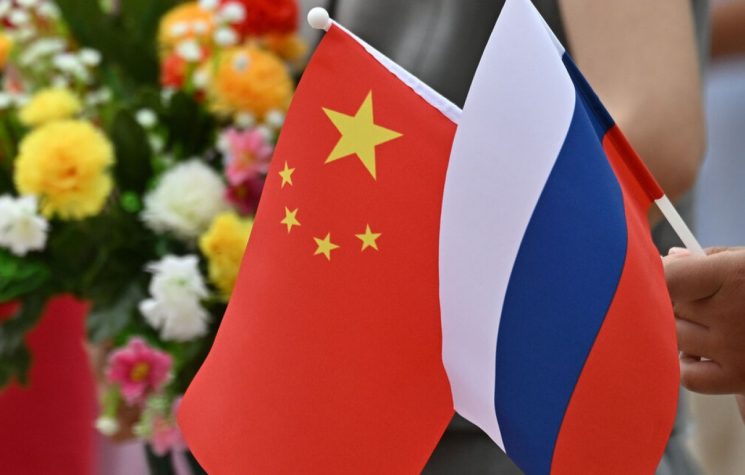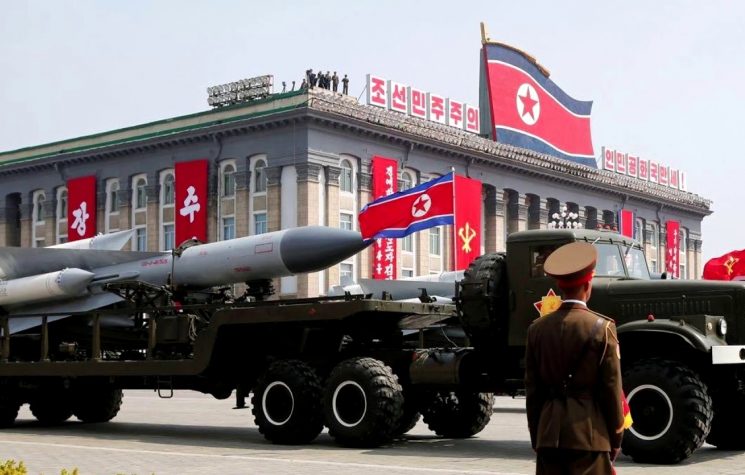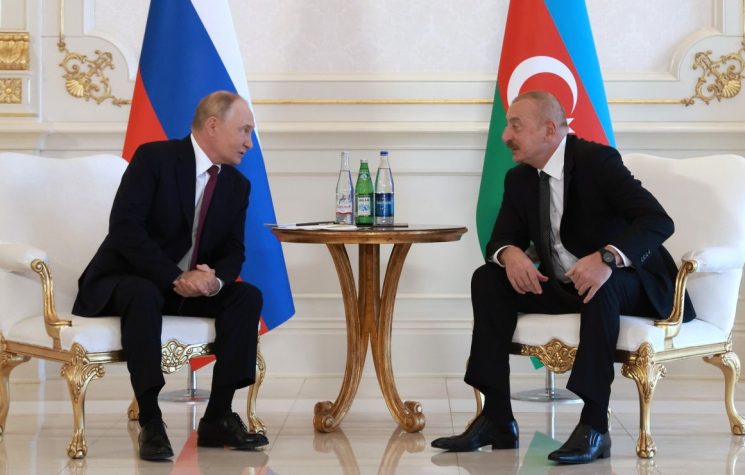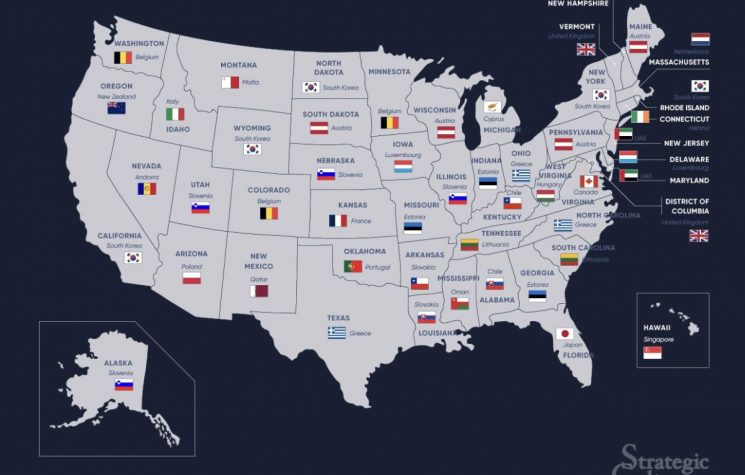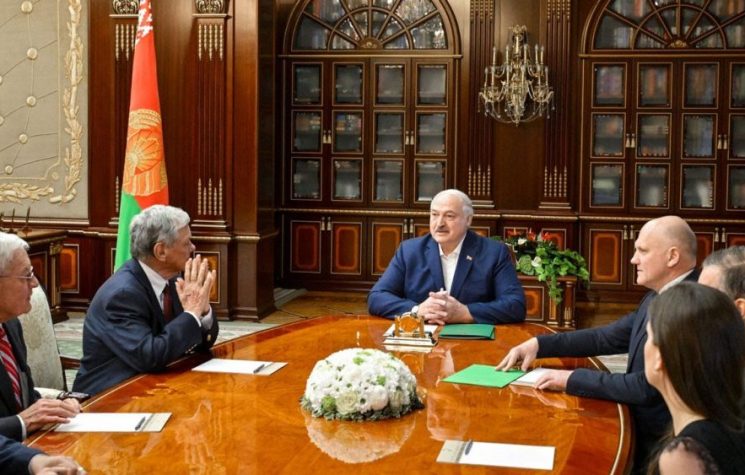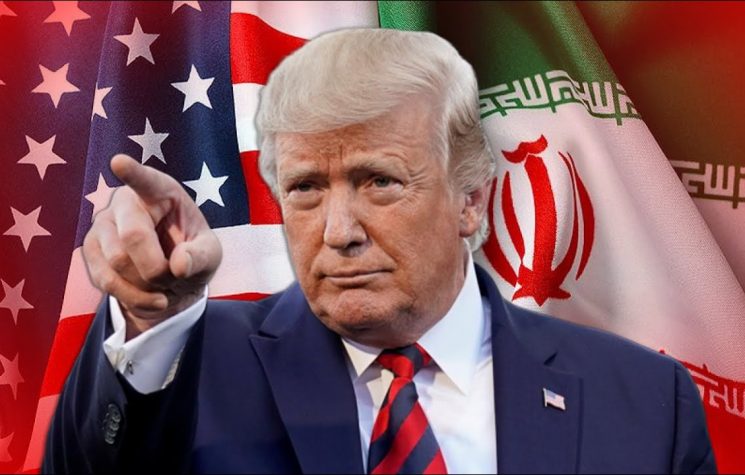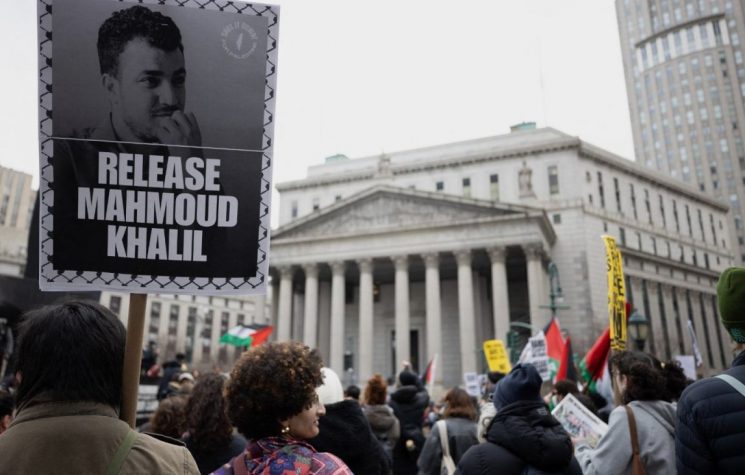The inherent tension and lack of genuine exchange is worse than during the Cold War when channels of communication did stay open.
❗️Join us on Telegram![]() , Twitter
, Twitter![]() , and VK
, and VK![]() .
.
Contact us: info@strategic-culture.su
U.S.-Russia relations have touched rock-bottom; it is worse even than imagined. In discourse with senior Russian officials, it is evident that the U.S. treats the former as clear enemies. To gain a flavour, it is as if a senior Russian official were to ask: “What is it you want from me?”. The answer might come: “I wish you’d die”.
The inherent tension and lack of genuine exchange is worse than during the Cold War when channels of communication did stay open. This lacuna is compounded by the absence of political nous amongst European political leaders, with whom grounded discussion has not proved possible.
Russian officials recognise the risks to this situation. They are at a loss however on how to correct it. The tenor of discourse too, has slid from outright hostility toward pettiness: The U.S., for example, might block workers from entering the Russian mission at the UN to repair broken windows. Moscow then — reluctantly — finds itself with little alternative but to respond in a similarly petty vein — and so the relationship spirals down.
There is an acknowledgement that the deliberately vituperative ‘information war’ is wholly dominated by the western MSM — further souring the atmospherics. And though the scattered western alternative media exists and is gaining in scale and significance, it is not easily engaged (being both diverse, and individualist). The tag of ‘Putin Apologist’ too, remains toxic to any autonomous news providers, and can destroy credibility at a stroke.
It is understood in Russia that the West presently exists in ‘phony normality’ — an interlude within its own cultural war (in the run-up to 2024). Russians, however, do perceive some obvious parallels with their own experience of radical civil polarisation — when the Soviet Nomenklatura demanded conformity to the Party ‘line’, or suffer sanction.
Moscow is open to dialogue with the West, but interlocutors so far have represented only themselves and have no mandate. This experience points to a conclusion that there is little point to ‘banging one’s head’ against a brick wall of an ideologically driven western leadership — Russian values being as a red rag to the western ideological ‘bull’. Yet, it is not clear when the time comes, if an empowered interlocutor (able to commit) will be present in Washington to pick up the phone.
Nevertheless, the enmity projected in the West towards Russia is perceived as having positive aspects as well as grave risks (the absence of treaties on the use and deployment of weapons). Interlocutors underline how western disdain towards Russians — plus its explicit enmity — finally has allowed Russia to move beyond Peter the Great’s Europeanisation. That latter episode is seen now as a diversion from Russia’s true destiny (albeit one that must be seen in the context of the rise and rise of the post-Westphalian European nation-state).
The hostility shown by Europeans towards the Russian people (and not just to its governance) has pushed Russia to ‘be itself’ again, which has been to its great benefit. Nonetheless, the shift gives rise to a certain tension: It is evident that western ‘hawks’ are always scanning the Russian scene in order to locate a host within the body politic in which to insert the spores of their weaponised New Moral Order — their purpose being to wedge into, and fragment, Russian society.
Inevitably then, explicit western cultural attachment does raise a certain caution amongst the mainstream ‘patriotic current’. Those Russians (mostly in Moscow and St Petersburg) who lean toward European culture do feel tension. They are neither fish nor fowl: Russia is moving towards a new identity and ‘way of being’, leaving the Europeanists watching their landmarks recede. Generally, the shift is viewed as inevitable, and as having brought about a real Russian renaissance and sense of confidence.
The revival of religion, we were told, effectively self-ignited spontaneously, as the churches re-opened after the end of communism. Many new ones have been built (approximately 75% of Russians claim to be Orthodox today). There is a sense in which the Orthodox ‘renaissance’ has a touch of the eschatological to it — provoked in part by what one individual called antagonistic ‘Rules Order ‘eschatology’! Notably few interlocutors mourned secular ‘Russian liberals’ (who had left Russia) — ‘good riddance’ (although some are coming back). There is an element here of the clearing of society from the ‘westification’ of the earlier centuries — though ambivalence is inevitable: European culture — at least in terms of philosophy and art — was, and is, an embedded component to Russian intellectual life, and is not about to disappear.
The political realm
It is not easy to convey the sense in which ‘absolute’ Russian victory in Ukraine has conflated into the notion of the unfolding revival of Russia’s new sense of ‘self’. Victory in Ukraine has been somehow assimilated into metaphysical destiny — as something assured and unfolding. The Russian military leadership (understandably) is mum concerning the likely structural/ institutional outcome. The talk (on hosted TV shows) however, is centred more on the feuds and schisms rending Kiev, than on battleground details as heretofore.
It is understood that NATO has been comprehensively defeated in Ukraine. The extent and depth of the NATO failure perhaps was a surprise in Russia but is viewed as somehow testimony to Russian adaptiveness and technological innovation in all-arms integration and communication. ‘Absolute victory’ may be understood as ‘no way’ will Moscow allow Ukraine again to become a threat to Russian security.
Russian officials see both Ukraine and Israeli-Middle East wars conflating to segment the West into separate, disputatious spheres — with the West heading toward fragmentation and possible instability. The U.S. is facing setbacks and challenges that will further reveal the loss of deterrence — further exacerbating U.S. anxiety about its security.
Moscow is aware just how much the political zeitgeist in Israel has changed (as a result of the radical government installed after the last Israeli elections), and therefore of the consequent limitations to political initiatives by western states. It carefully watches Israel’s plans in respect to southern Lebanon. Russia is co-ordinating with other states to avoid the slide toward big war. President Raisi’s Moscow visit last week reportedly focused on the comprehensive strategic agreement under negotiation, and (reportedly) included the signing of a document on countering western sanctions imposed on both states.
In terms of the emerging global order, Moscow takes the Presidency of the BRICS in January 2024. It is both a huge opportunity to establish the multi-polar BRICS world at a time of wide geo-political consensus in the Global South — and a challenge too. Moscow perceives the window of opportunity its presidency offers, but is very aware that BRICS states are far from homogeneous. In respect to Israel’s wars, Russia has both an influential Jewish lobby and a Russian diaspora in Israel that imposes certain constitutional duties on the President. Russia likely will move cautiously on the Israel-Palestine conflict in order to keep BRICS cohesion. Some important forms of economic and financial innovations will emerge from Russia’s presidency of the BRICS.
And in terms of Russia’s ‘EU problem’, in counterpoint to Europe’s so-called ‘Russia problem’, the EU and NATO (post-Maidan) built up the Ukrainian army to be one of the largest and most fully NATO equipped armies in Europe. After the March 2022 Ukrainian-Russian settlement proposals were vetoed by Boris Johnson and Blinken — and as the inevitably of a longer more intense war became certain — Russia mobilised and prepared its own logistic supply chains. EU leaders however are now ‘closing the circle’ through projecting this Russian military expansion (itself a reaction to NATO intensification in Ukraine) to be evidence rather, of a Russian plan to invade mainland Europe. In what seems a coordinated effort, western mainstream media is scrounging for anything that can even remotely resemble some evidence of Russia’s putative ‘designs’ against Europe.
This specter of Russian imperialism is being spun to inculcate fear through the European populace and to argue that Europe must divert resources to prepare its logistics for a coming war with Russia. This represents another twist to that vicious cycle downward of threatened war that portends badly for Europe. There was — for Europe — no Russian ‘problem’ until the neo-cons seized on the Maidan ‘opening’ to weaken Russia.










